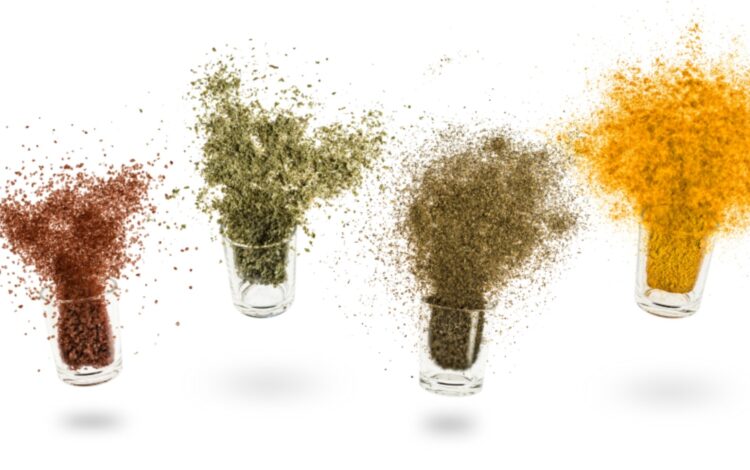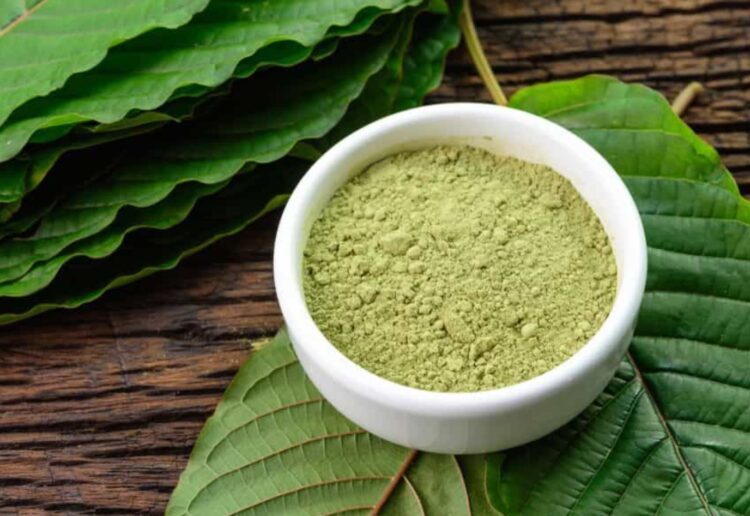2020 has been a difficult and unpredictable year due to COVID 19 crises. It forced us to remake the process of how we interact and work. The outbreak of the virus resulted in the closure of gyms, dance, and fitness studios. Therefore, many fitness enthusiasts were not able to actively participate in physical activities outside – having spent most of the time indoors resulted in gaining some extra pounds.
Fortunately, the vaccine has been developed and it’s an ideal opportunity for people to get their fitness level back on track. Before you get started, it is important to understand antiquated beliefs that need to be buried.
22 Health myths you hear every day
It is time to separate fact from fiction and put common antiquated beliefs to rest. Here is the list of information that is misrepresented and has widely been spreading regarding nutrition, health and fitness for years.
1. Crunches can give you six-packs
If the ab exercises are not resulting in well-defined six-packs, it may be the right time to reconsider what you are ignoring. Remember, if you are to build a layer of fat over your abdomen, you will not get those ripped six abs. Focus on strengthening exercises coupled with a super clean nutrition plan to achieve body goals.

2. Coffee consumption can lead to impaired growth
No conclusive findings are made to point out a relationship between coffee with stunt children’s development. The idea stems from a myth that caffeine, the prime ingredient of coffee can cause osteoporosis that eventually makes your bones fragile. The study conducted on coffee does show that it has an impact to some extent, but it is negligible.
3. Bottled water has more health benefits than tap water
It is an outdated thought that bottled water will have more health benefits. In fact, tap water is considered a better option because it is less expensive and has reduced environmental impact and less likely to contain microplastics.

4. The bigger guys are less healthy
We are living in a society where the tremendous fear about fat is ingrained in our minds and you might also observe people relating health with weight. Sadly, weight-related stigma can result in devastating mental issues. Discrimination against larger bodies is an absolute shame. The body size also somehow depends upon the natural frame or structure you are built with. Feeling fat is worse than being fat.”
5. White potatoes are unhealthy
White potatoes are often strictly forbidden to those who intend to lose weight or have the will to improve the overall physical health. While white potato is a source of vitamin C, potassium, and fiber. However, make sure to use them either roasted or baked to have more health benefits. It is also a better nutritious carb choice than rice and pasta and makes you feel more filling.
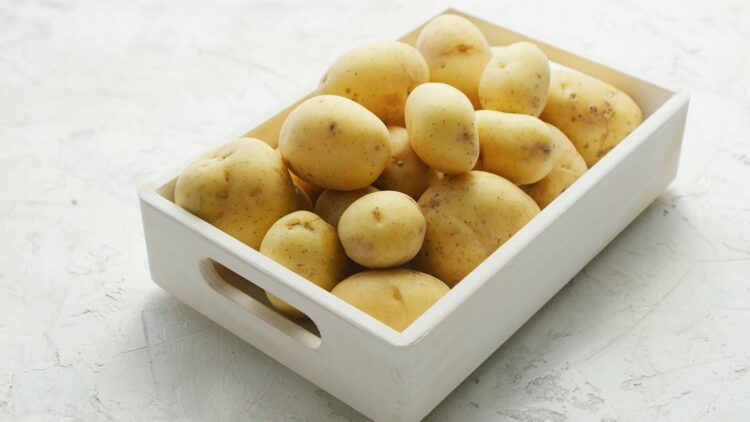
6. High-fat foods elevate the health-related issues
High-fat foods are often labeled as unhealthy and you probably believe adding them to your diet can increase health-related issues. Dietary fiber is instrumental in maintaining the optimum weight, in fact a low-fat diet is associated with health issues. Simply put, a diet in high fat is nutritious and is great when it comes to encouraging weight loss.
7. Frequent meals are important for optimum health
Though the inaccurate theory of frequent meals a day is slowly put to rest. Be sure about the fact that as long as your body is gaining the energy you need from a meal, you don’t require to have a small meal over and over again to stay fit.

8. You must be skinny to be healthy
Obesity is not related to bad health conditions. You might have heard people saying type 2 diabetes, heart disease, depression, and even certain cancer are the result of being bulky. It is totally absurd – the priority should be a nutritious diet coupled with an active life. Reducing weight or looking skinny does not suggest better health and brain activity. Though obesity can increase the risk of certain diseases yet maintaining an active lifestyle will go a long way in maintaining ideal body weight and fat percentage.
9. Juices and smoothies are always nutrient-rich
There is a lot of misinformation about beverages especially smoothies and juices that they are always healthy. A nutrient-dense smoothie will most probably be loaded with calories and sugar. When such juices are excessively consumed can result in weight gain, tooth decay, and blood sugar dysregulation. However, consider having some fresh juices having non-starchy vegetables as prime nutrients. Fresh juices made at home are great to exponentiate the intake of vitamins, minerals, and antioxidants.
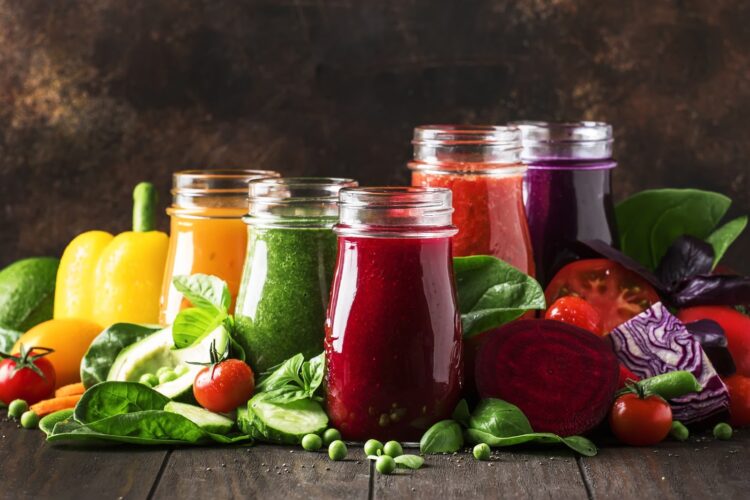
10. Calcium supplements are crucial for a healthy skeletal system
Study after study suggests that calcium supplements do worse than good. You may be asked to have calcium supplements to keep the skeletal system especially bones healthy. You may be surprised to know that they do not even play a big role to mitigate the risk of fracture or osteoporosis. Additionally, the unwanted accumulation of calcium increases the risk of heart diseases.
11. Cholesterol rich food is unhealthy
Sadly, high cholesterol foods always have a misconception about their effect on the heart’s health. It rather should be part of a healthy diet because it adds the feeling of fullness and provides you essential nutrients that other food lacks.

12. A low calories diet is the best in reducing weight
There is no denying that when the intake of calories is low it will help in reducing weight. The question is it is the best way to reduce weight! No, A low calories diet will have an impact on the reduction in metabolic rate and the increased feeling of hunger will complicate the weight maintenance journey.
13. Vegetable chips are healthy
Appearances are deceptive – do not go after vegetable chips claiming to be nutrients rich. They often have a great number of salts and saturated fats that make them unhealthy. It is better to consider making vegetable chips on your own by drizzling some olive oil on finely cut veggies and baking them. It will save the chips from nasty extras and you can enjoy a perfect snack for the evening.
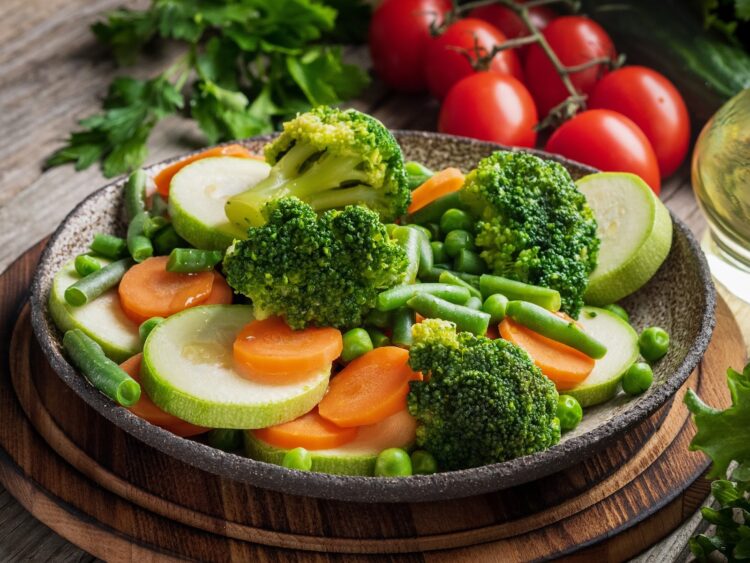
14. We should remove sugar entirely from the diet
Understanding the different types of sugar is important before you convince yourself that cutting down on sugar is going to be part of your fitness regimen. Sugar found in vegetables, fruits, and dietary products is natural and healthy. However, it is always good to refrain from the excessive usage of sugary cereals, flavored yogurt, sweet, and soda.
15. Gluten is bad
The idea ‘gluten is bad’ or helps to keep the weight down is instilled in our minds. It is simply good for people that have gluten-related disorders like people with celiac disease should avoid the intake because it will harm the intestine and can complicate your health. The trend of gluten-free lifestyle is booming but it is good not to go with it instead add it to your routine to make your diet perfect.
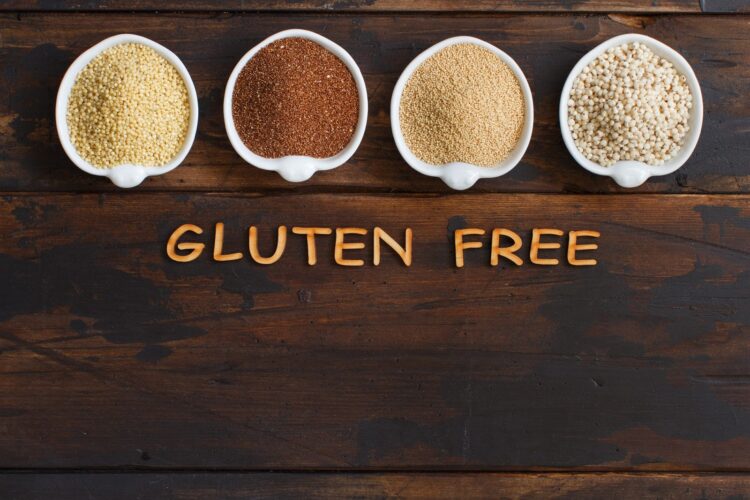
16. Fingernails grow after we die
A person’s death causes all life processes to cease. And when you die neither fingers nor the nails will have the potential to grow. However, when the skin is hydrated, the outer layer detracts, making nails look appear longer.
17. You Should be working out for at least sixty minutes
Regular exercise or sticking to a workout plan will have tremendous health benefits yet don’t add additional burden by moving the body a bit extra, thinking that more work out will always pay you off.
Do not overdo rather balance it out and remember that the body requires rest to recover. If you want to transform yourself into a leaner, healthier, stronger, and muscular then click here – the perfect fitness training platform goes a long way in riding off the extra fat meantime helps you gain the best body in less duration.

18. Weight training makes you manly
An outdated idea that weight training can make a woman bulky and manly should put to rest. It refrains women from pumping some iron. You probably have the impression because you have seen some of the female weightlifters that have ripped muscles and have the body like male bodybuilders. They become that way with the help of steroids and intense workout training. Women naturally do not have as much testosterone as males do, hence, they can’t be bulky and manly just by lifting some weights.
19. Canned food has little nutritional value
Canned food has a bad repo – people have the impression that canned food will be less nutritious as compared to freshly cooked or baked food. The research however shows spinach, tomatoes, and carrots when in cans become healthier than from their fresh or baked form.

20. Weight loss is easy
Do not be fooled by looking at some random before and after pictures used by supplement companies. Weight loss is not as easy as they tell you! It is a long process that requires consistency, hard work, and of course self- love. Sometimes, your genetic makeup can make it harder to shed some fat. Be persistent and find a nourishing and sustainable diet in conjunction with activity patterns that can work for you.
21. Carbs make you gain weight
Carbs have a bad repo for promoting weight and heart related diseases. You may shun it over a fear that the consumption of carbs causes diabetes, obesity, and other health-related problems. In reality, some carbs have high fibres, vitamins, and minerals that benefit your health and will never harm it.
However, it is good to avoid carb-rich food like cookies, sweetened beverages, and white bread that has the potential to add more pounds to your frame. Hence, instead of skipping it completely, it is good to swap bad carbs with better.
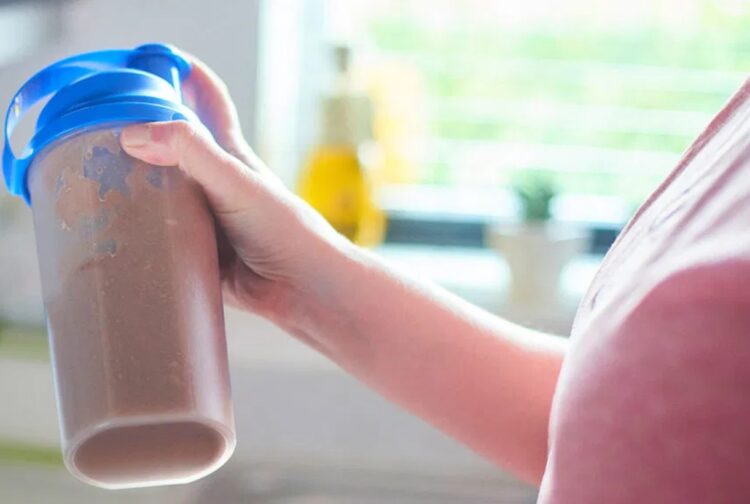
22. Fiber supplement can replace high fiber foods
It is always a struggle for most people to have an adequate intake of dietary fiber which is why the trend of dietary fiber is booming. You should never replace it with real food like fruits, beans, and vegetables that function synergistically to improve your health. Simply put, fiber supplements are not the perfect substitute for high fiber food. However, they do play a role in improving bowel movement and controlling blood sugar.
Final Verdict
You might have a warped view of what makes a healthy diet because you have heard endless information regarding nutrition and health. Nutrition science has constantly been evolving, leading to confusion and poor dietary choices – we’d inevitably hear a suggestion from health experts that add more nutrition. It is good to separate facts from fiction and understand what is good for us and what is not.















